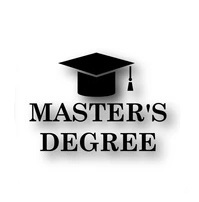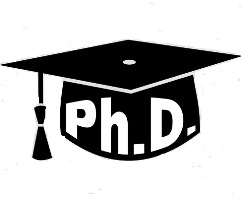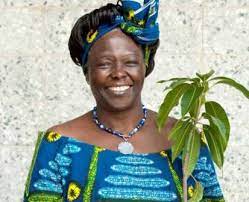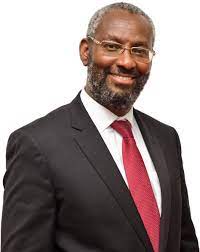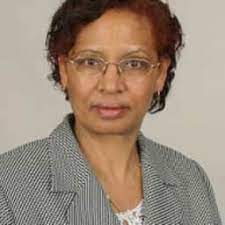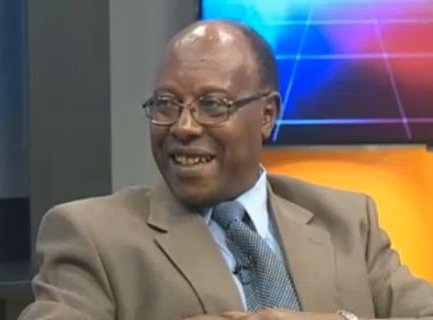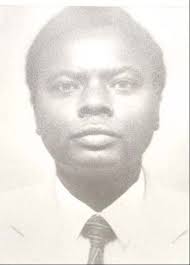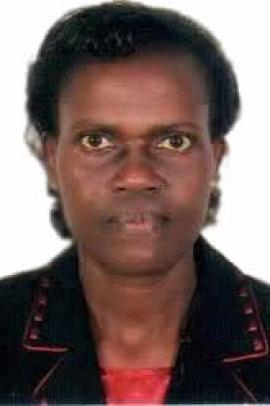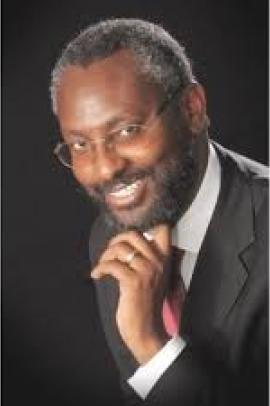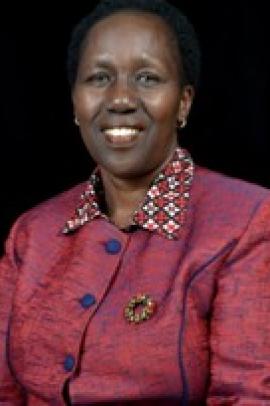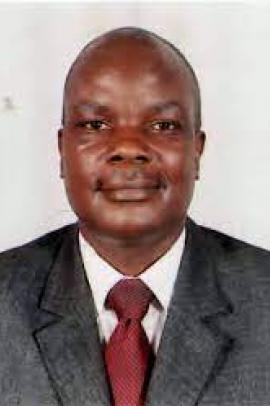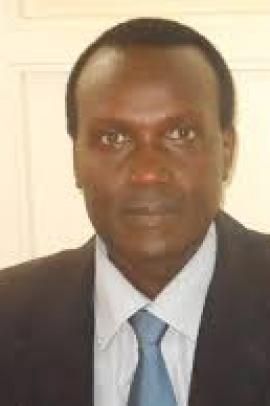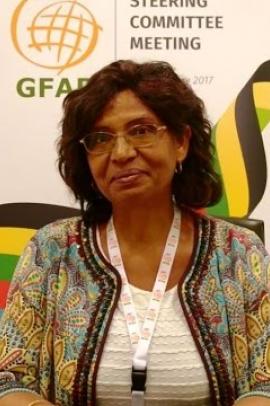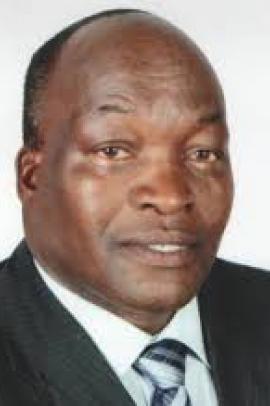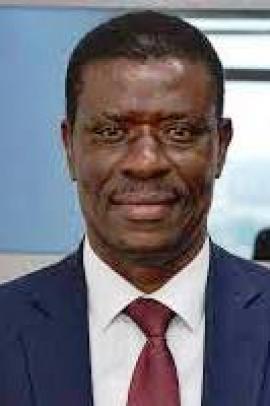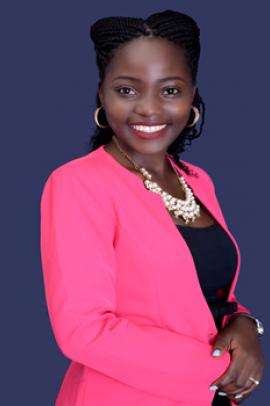Dr. Raphael Kweyu (Pioneering student at Wangari Maathai Institute; 2012-2015)
One of the strong points in my venture as a student at Wangari Maathai Institute was the interdisciplinary nature of the program I studied. I had an opportunity of taking courses from different fields such as Law, Ecological economics, Conflict Resolution (especially Mediation), Sociology and Geography.
At the Wangari Maathai Institute, our lecturers (Thuita Thenya, Karatu Kiemo, Raphael Wahome, the late Fred Mugivane, David Mungai, Stephen Kiama, Karanja Njoroge & Robert Kibugi) were always available for consultation and guidance. As pioneering students, our coursework though interesting, was not without challenges. For example, before the Institute developed its own physical infrastructure, we did not have learning space we could call ‘our own’. I remember taking a lecture from one of the rooms at the CAVS library then rushing to beat traffic and attend another class in Chiromo campus in one of the science laboratories. The fieldwork in Mau forests, though sometimes challenging, was always offering us new experiences by the day. We worked as a team and occasionally our supervisors would come by to check on our progress.
Through an exchange program at the University of Copenhagen, Denmark, I had an opportunity to interact with a new culture, the Danish culture, with its wonderful people. Our host professors (Vibeke Vindelev, Emborg Jens, Lund Jens, Linda Nielsen & Iben Nathan) were so kind and hospitable. They invited us in their homes in different parts of Copenhagen to meet and spend time with their families. At the Danish Fellowship Centre (DFC), I met students from different parts of the globe. We always had activities organized by the DFC junior staff that made our stay in Denmark enjoyable, these included visits to Castles and other places, dancing and cooking competitions among others.
Wangari Maathai Institute has taught me the value of working with communities in finding solutions. The Institute’s brainchild, the late Professor Wangari Maathai insisted on experiential learning. During our study, the Institute organized trips locally and internationally for us to learn about examples of sustainable grass-root practices. These included a visit to Bishop Masika’s farm in Machakos County and an excursion to Zapatera Island in Nicaragua. These were the best study experiences in my stay at WMI.


